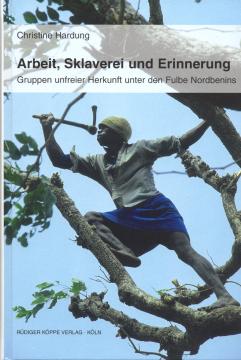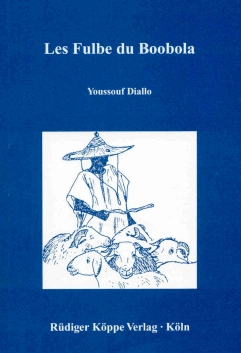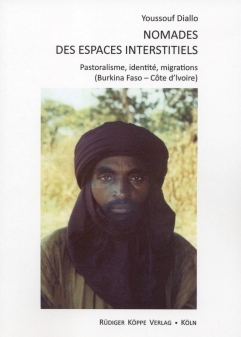




The present study deals with the social importance of work in the Gannunkeebe society. The Gannunkeebe live in the north of the Republic of Benin, and are mainly composed out of Fulbe slaves offspring. Work is understood as a cultural commodity building identity and common identification with own values. The fact that members of this group tie down their work ethos to the slavery past can be understood as a reflexive act of liberation with the media which determined the slaves’ lives: their labour.
Another focus is set on the remembered slave everyday life and its actual reference. The access to commemoration of a society with a highly ambivalent relation to its status and origin is methodologically reflected. Which and why special facets of the slaves' lives are and stay stored in the collective memory meet the analyses of continuity and transformations of the relation between Gannunkeebe and Fulbe peoples. This study accompanies an examination with subtle processes of power generation and experiences of egality in everyday exchange relations between succession of unfree and free people.
The book is based on long field works, evaluations of oral sources, and examinations of archive material from the colonial times. The first part of this work thus contains refurbishments of the conception and attitudes of the colonial administrators according the slavery question in the northern provinces of Dahomey.
Under these links you will find further studies of Fulani culture, their Ful(fulde) language and migration / transnationalism research:
This study is based on fieldwork among the Gannunkebe (Gando) in 1994/95 and 1996/97 and is led by the question of whether the historical experience of slavery, of being unfree, is of importance even today and the question of the importance of labor in a former slave community – because one reaction to freedom after former serfdom might be, according to the author, that these people, freed from the yoke of labor, might care only for what is absolutely necessary now.
The book includes a description of pre-colonial Borgu, early colonialism, colonialism proper (based on records and files of that time), the everyday history of Fulbe slaves in the end of the 19th century and the early colonial transition (oral material). The simultaneous existence of equality and hierarchy is described and analyzed, the annual cycle of labor (labor and free time), and the last chapter deals with the feedback between field (agriculture), individual, and community. There is an extensive appendix including glossary, literature, a questionnaire of 1903/04, various tables, and numerous photographs.
Ulrich Oberdiek in Anthropological Abstracts, 5/2006, 91
© 2026 by Rüdiger Köppe Verlag – www.koeppe.de